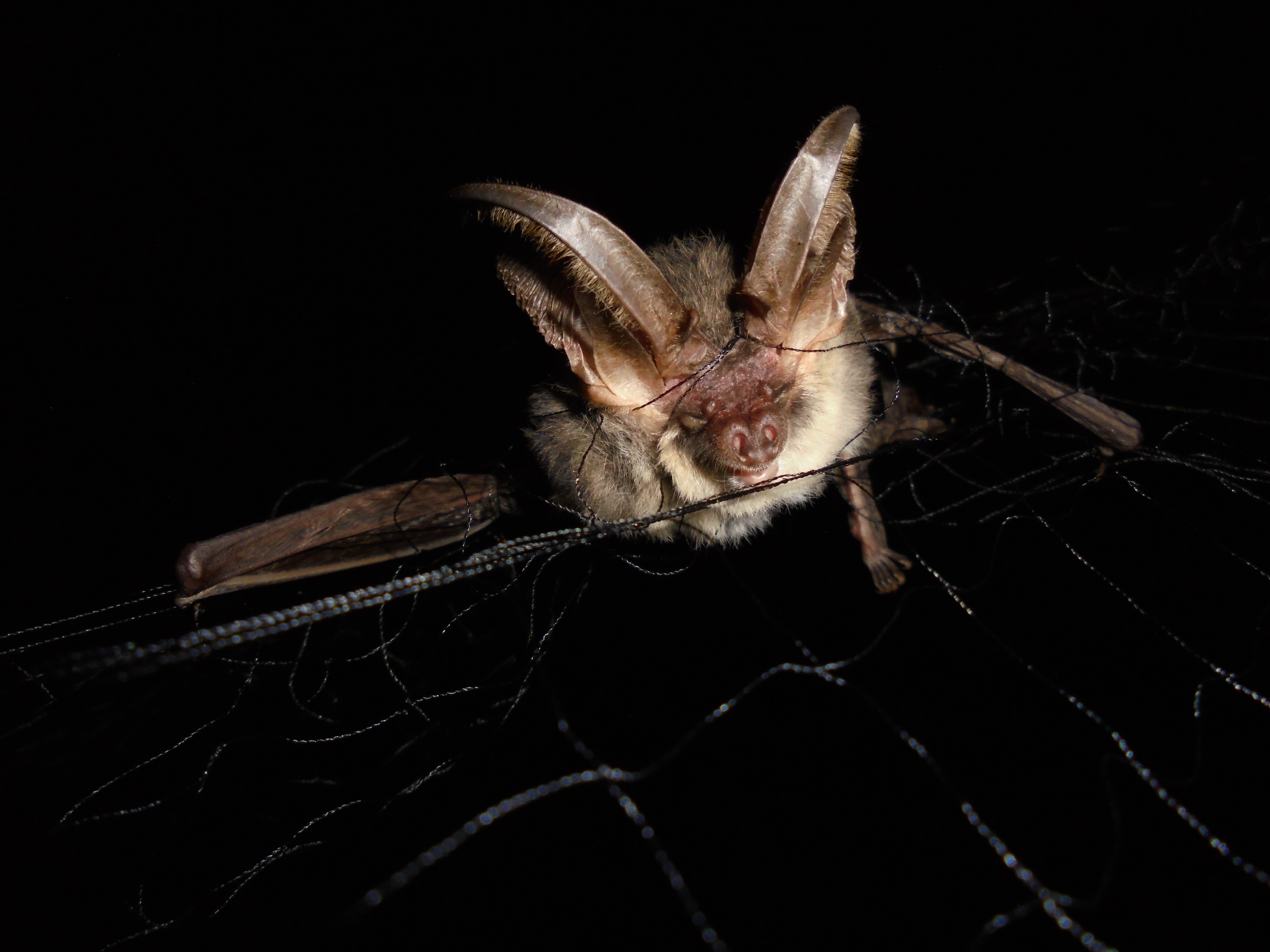
The conservation of tropical montane biodiversity requires a holistic approach, using genetic, ecological and geographic information to understand the effects of environmental changes across temporal scales and simultaneously addressing the impacts of multiple threats. This problem is especially acute in understudied and highly threatened areas like the Ethiopian Highlands, where accelerated land conversion and degradation is placing further pressures on biodiversity.
While climate change is recognized as a major future threat to biodiversity, most species are currently threatened by extensive human?induced habitat loss, fragmentation and degradation. Tropical high?altitude alpine and montane forest ecosystems and their biodiversity are particularly sensitive to temperature increases under climate change, but they are also subject to accelerated pressures from land conversion and degradation due to a growing human population.
A research team have studied the combined effects of anthropogenic land?use change, past and future climate changes and mountain range isolation on the endemic Ethiopian Highlands long?eared bat, Plecotus balensis, an understudied bat that is restricted to the remnant natural high?altitude Afroalpine and Afromontane habitats.
The EBD researcher Javier Juste participated in this study, together with the University of Exeter and the University of Stirling, in the United Kingdom; Dire Dawa University in Ethiopia; the Center for Research in Biodiversity and Genetic Resources (CIBIO), Veirão, and the University of Porto, in Portugal; and the CIBER of Epidemiology and Public Health, of Madrid.
The research team integrated ecological niche modelling, landscape genetics and model?based inference to assess the genetic, geographic and demographic impacts of past and recent environmental changes. They show that mountain range isolation and historic climates shaped population structure and patterns of genetic variation, but recent anthropogenic land?use change and habitat degradation are associated with a severe population decline and loss of genetic diversity.
Models predict that the suitable niche of this bat has been progressively shrinking since the last glaciation period. This study highlights threats to Afroalpine and Afromontane biodiversity, squeezed to higher altitudes under climate change while losing genetic diversity and suffering population declines due to anthropogenic land?use change.
The study concludes that the conservation of tropical montane biodiversity requires a holistic approach, using genetic, ecological and geographic information to understand the effects of environmental changes across temporal scales and simultaneously addressing the impacts of multiple threats.
informacion[at]ebd.csic.es
REFERENCIA:
Orly Razgour, Mohammed Kasso, Helena Santos, Javier Juste (2020) Threats to Afromontane biodiversity from climate change and habitat loss revealed by genetic monitoring of the Ethiopian Hi ghlands bat. Evolutionary applications. DOI: 10.1111/eva.13161
Read full press release (Spanish)



